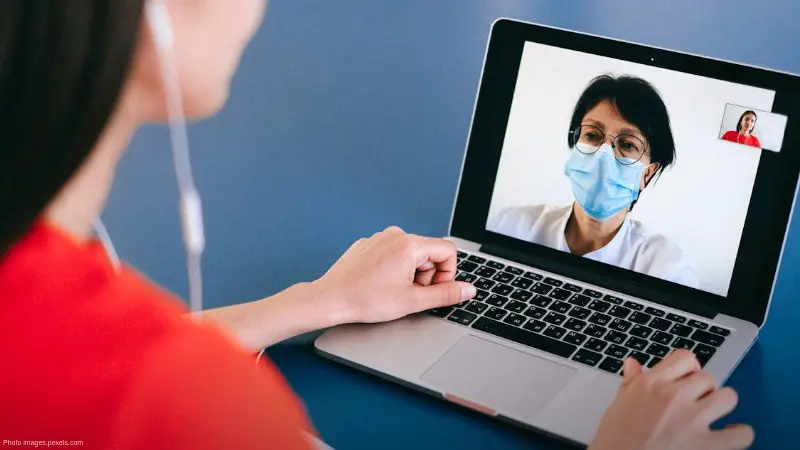The Gulf South is facing a serious lack of Sexual Assault Nurse Examiners (SANEs). These are healthcare professionals trained to care for survivors of sexual violence. Louisiana, Mississippi, and Alabama don’t have nearly enough SANEs to meet their needs, with Mississippi having as few as seven certified SANEs. This shortage means many survivors have to travel long distances, sometimes hours, to get the necessary exams, creating a big barrier to receiving care.
Key Takeaways
TeleSANE programs use telemedicine to expand access to specialized care for survivors of sexual assault in areas with a shortage of Sexual Assault Nurse Examiners (SANEs).
- TeleSANE programs have been successful in Arkansas, providing services at 27 locations and improving patient care and evidence collection.
- Despite some limitations, supporters argue that teleSANE programs are essential in areas without SANEs, ensuring survivors receive necessary care and potentially leading to more prosecutions for sexual assault cases.
- Efforts to grow teleSANE programs in the Gulf South are limited, but with investment in training, infrastructure, and support for in-person SANEs, these programs could help fill the current gap and create long-term solutions for trauma-informed care.
TeleSANE expands access nationwide
TeleSANE programs use telemedicine to help solve the shortage of care for sexual assault patients. Experts like Sharlotta Sharp perform remote exams, guiding local nurses in collecting evidence and providing care that considers trauma. In Arkansas, teleSANE programs have been successful, giving more people access to specialized care at 27 locations and improving how patients are cared for and how evidence is collected.
Arkansas shows that with the right technology and support from hospitals, teleSANE can greatly expand care. Before starting its program in 2019, Arkansas had only four certified SANEs. Now, the state provides teleSANE services everywhere, focusing on getting consent from patients, collecting evidence, and providing medical help.
Challenges and future prospects
Even though teleSANE programs show promise, some people doubt them. They argue that telemedicine can’t completely replace the human connection and empathy survivors need during vulnerable times. A 2022 study pointed out that teleSANEs have trouble reading nonverbal cues and forming connections with patients, which are important in trauma care.
In the U.S., 54.3% of women and 30.7% of men face sexual violence in their lifetime (CDC).
For #ForensicNursesWeek2024, we celebrate our @PSUSAFETCENTER teleSANE's providing equitable and quality care to underserved communities 💙🤍
Learn more ➡️ https://t.co/KVRkXY8r2y pic.twitter.com/cLO0lF4UwU
— Nese College of Nursing (@PSUNursing) November 8, 2024
Despite this, supporters like Kimberly Young from Louisiana’s Hearts of Hope say that teleSANE programs are essential in areas without SANEs. While not perfect, telemedicine ensures that survivors get care that could improve forensic results and lead to more prosecutions for sexual assault cases.
Efforts to grow teleSANE programs in the Gulf South are still limited. With the right investment in training, infrastructure, and support for in-person SANEs, these programs could help fill the current gap and create long-term solutions for trauma-informed care.






